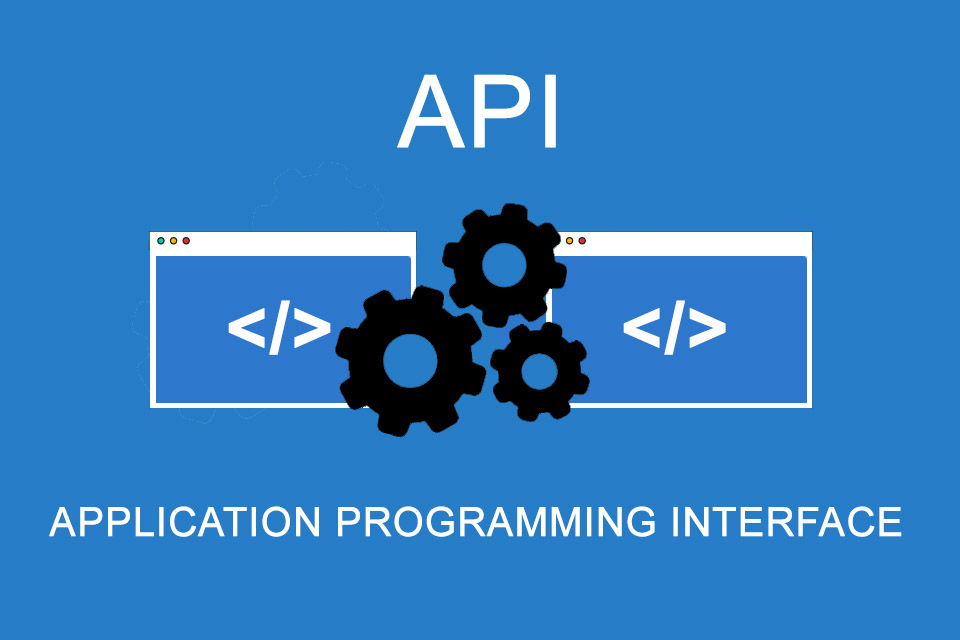APIs are sets of rules and protocols that allow one software application to interact with another. They define the methods and data formats that applications can use to request and exchange information. For example, when you use a weather app on your smartphone, it communicates with a weather service API to fetch the latest weather data.
2. Why Are APIs Important?
- Integration with Third-Party Services: APIs enable developers to integrate third-party services, such as payment gateways, social media platforms, and cloud services, into their applications. This integration allows for richer functionality and enhanced user experiences.
- Efficiency and Productivity: By leveraging APIs, developers can save time and resources. Instead of building complex features from scratch, they can use existing APIs to add functionalities like user authentication, data storage, and geolocation services.
- Scalability: APIs facilitate the development of scalable applications. For instance, a website can use multiple APIs to handle different tasks, such as database operations, user management, and analytics, allowing each component to scale independently.
3. Common Use Cases of APIs:
- Social Media Integration: Websites and apps often use APIs to integrate with social media platforms, enabling features like social login, sharing, and fetching user data.
- Payment Processing: E-commerce sites use payment gateway APIs to process transactions securely and efficiently.
- Geolocation Services: APIs from services like Google Maps allow developers to embed maps, fetch location data, and provide directions.
- Content Management: APIs from content management systems (CMS) allow developers to manage and display content dynamically.
4. Types of APIs:
- RESTful APIs: Representational State Transfer (REST) APIs are widely used due to their simplicity and scalability. They use standard HTTP methods (GET, POST, PUT, DELETE) and can handle various data formats, such as JSON and XML.
- SOAP APIs: Simple Object Access Protocol (SOAP) APIs are known for their robustness and security features. They use XML for message formatting and rely on protocols like HTTP and SMTP for message negotiation and transmission.
- GraphQL APIs: GraphQL, developed by Facebook, allows clients to request exactly the data they need, reducing over-fetching and under-fetching of data. It's highly flexible and efficient for complex applications.
5. How to Use APIs Effectively:
- Understand Documentation: Thoroughly read and understand the API documentation provided by the service provider. It contains essential information on endpoints, request methods, authentication, and response formats.
- Handle Errors Gracefully: Implement robust error handling to manage API errors and failures. This ensures a smooth user experience even when issues arise.
- Secure Your API Keys: API keys and tokens should be kept secure to prevent unauthorized access. Use environment variables to store sensitive information.
- Optimize API Calls: Make efficient use of API calls to minimize latency and reduce the load on both your application and the API server.
Conclusion: APIs are fundamental to modern web development, providing the building blocks for creating powerful and efficient applications. By understanding how to use APIs effectively, developers can enhance their projects, integrate diverse services, and improve overall functionality. Whether you're building a simple website or a complex application, leveraging APIs can help you achieve your development goals more efficiently and effectively.


